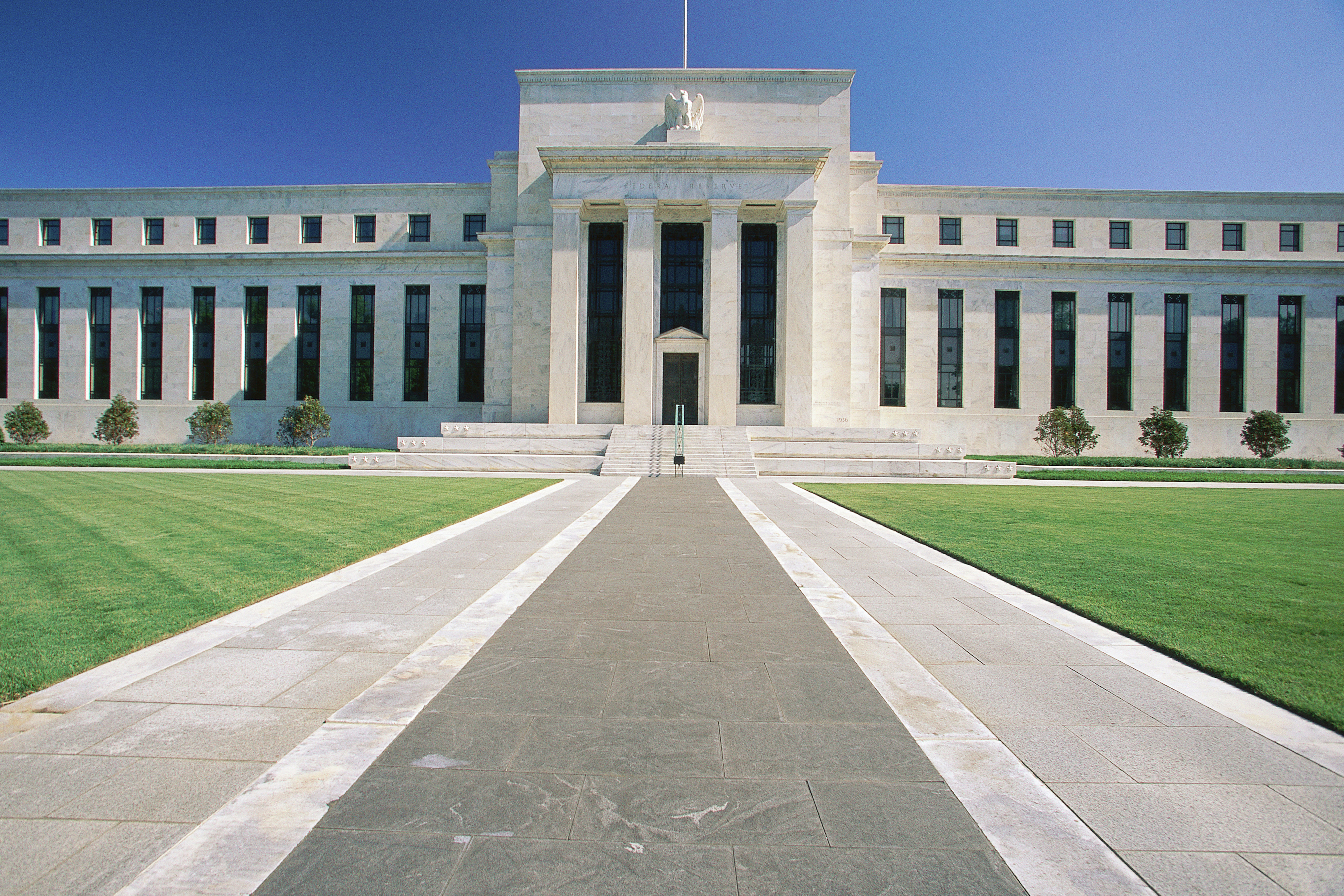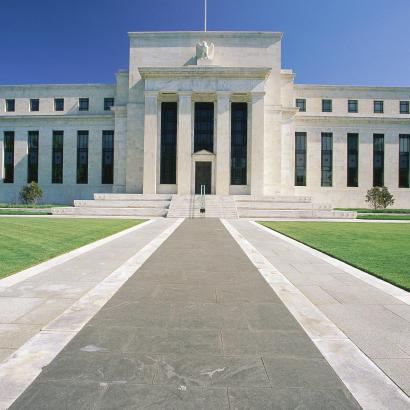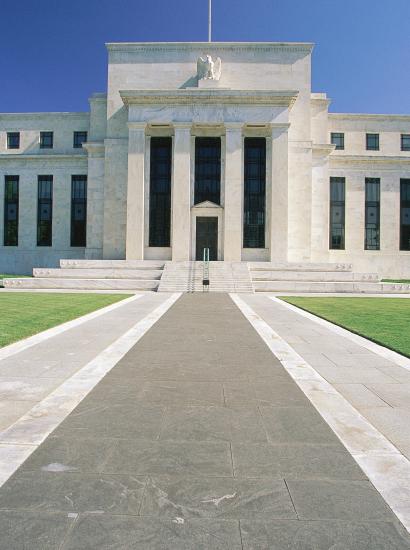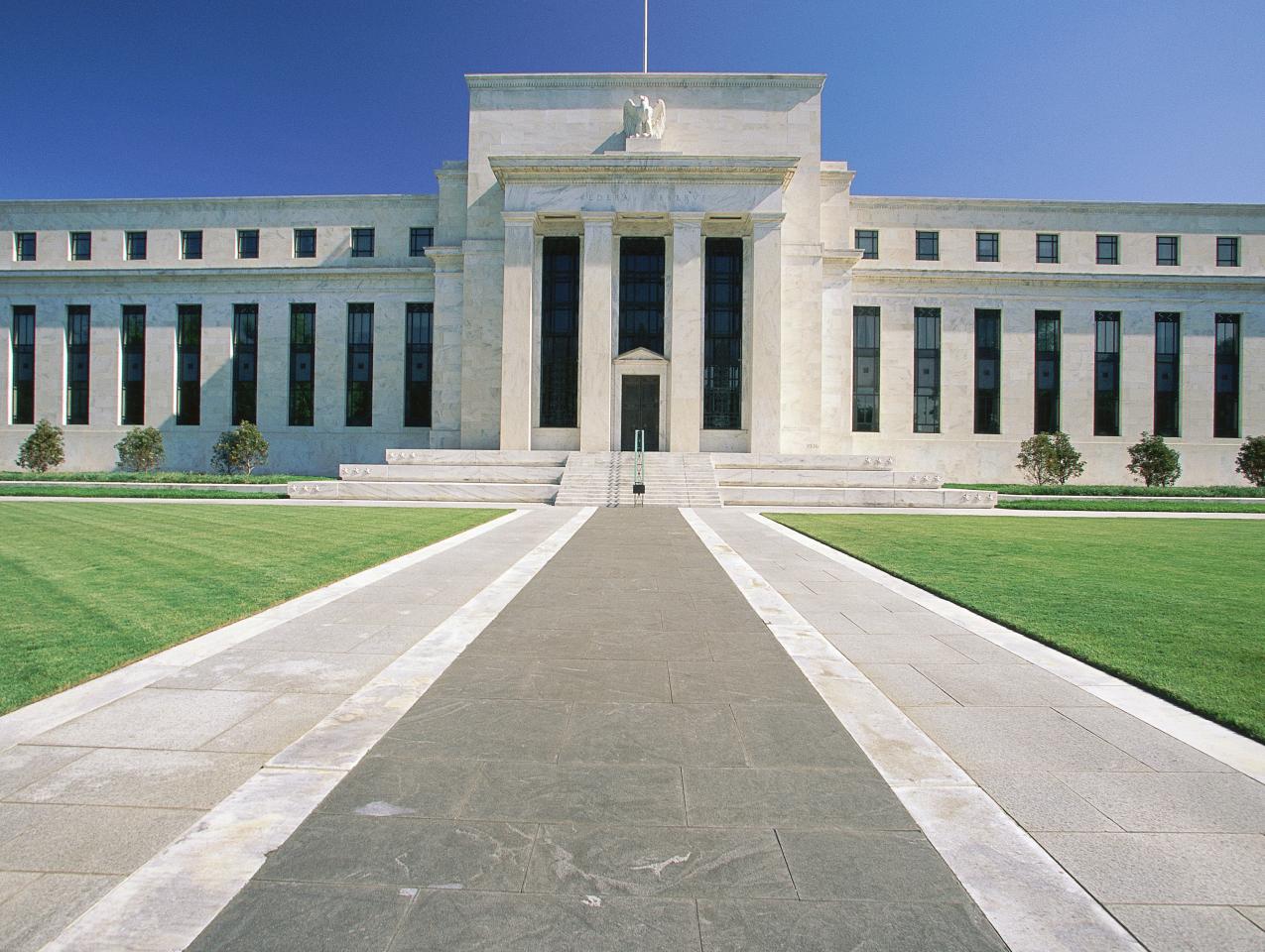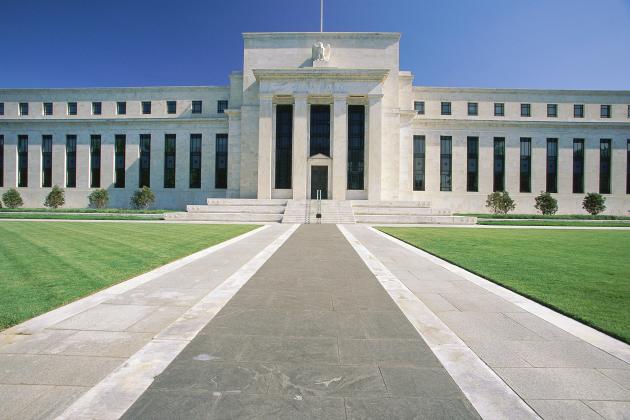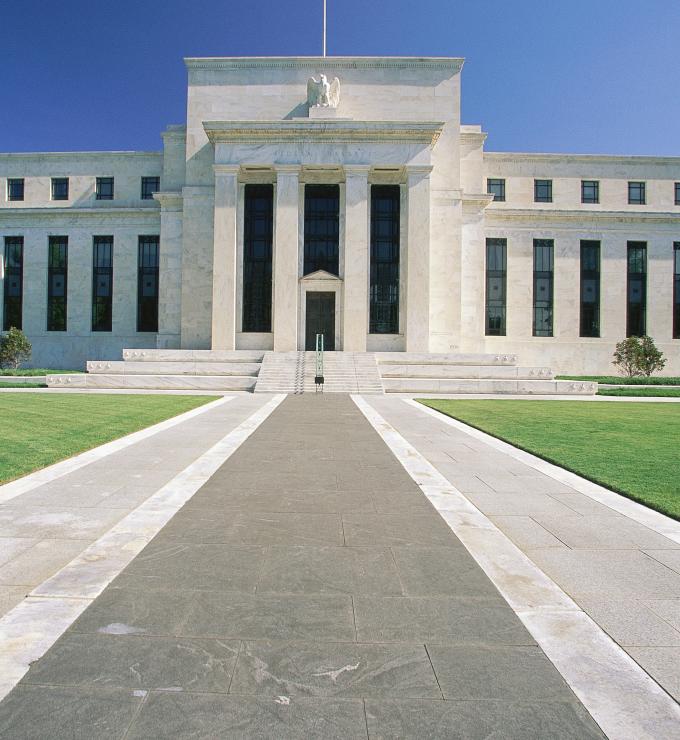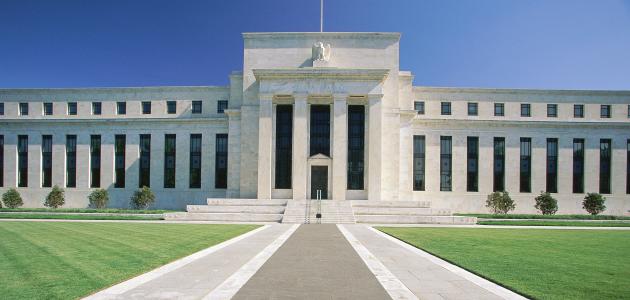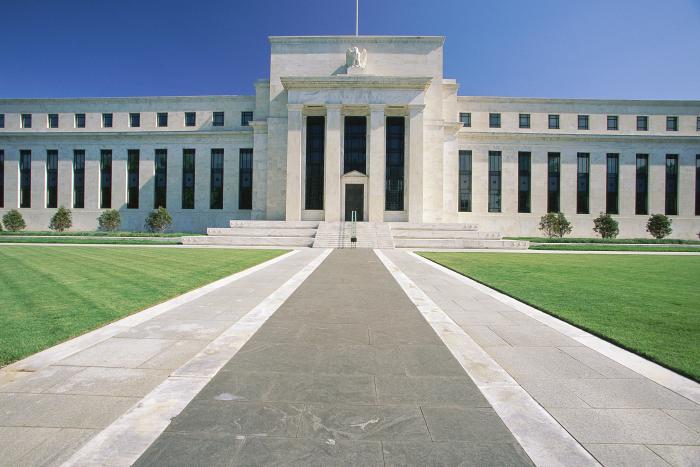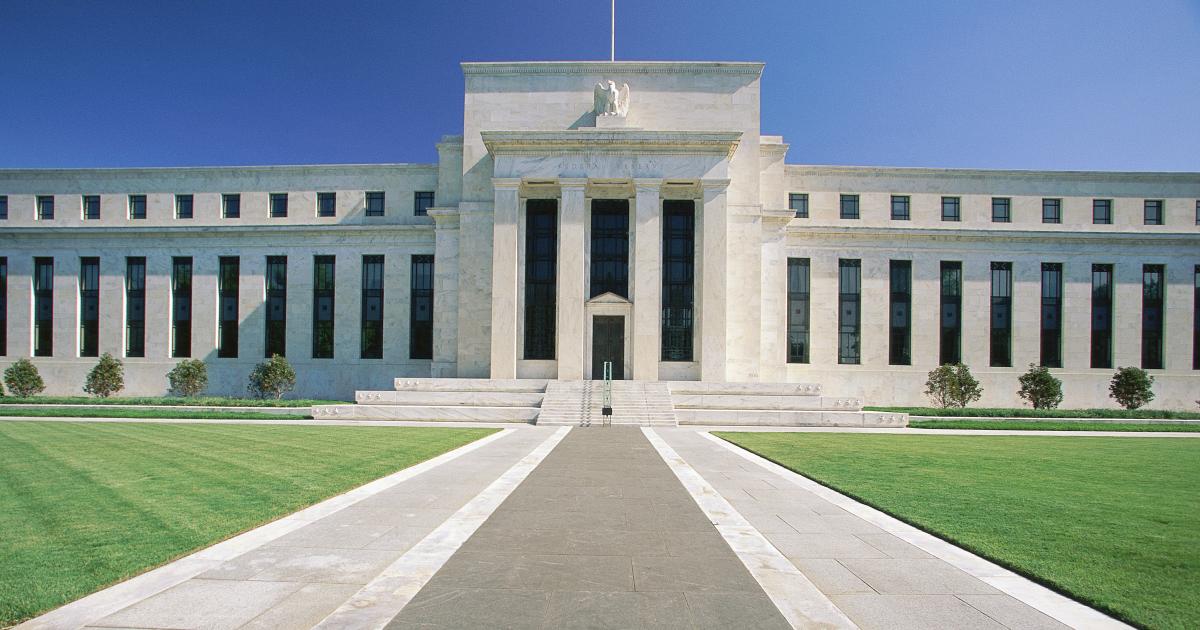Abstract
Central bank independence is not an absolute virtue. It is limited and constrained by accountability, a limited mandate, and limited tools. The question for us is how to restructure that overall package.
The Fed has greatly expanded the scope of its activities. It has stepped into fiscal and political territory, and it has presided over embarrassing institutional failures. Reform must come sooner or later.
We face a choice: The Fed could face more direct direction by elected officials, as is the Treasury. Or, the Fed could return to a narrower scope of activities consistent with its current or even greater independence. I favor the latter course.
I survey the economic rationale for independence and some of the historical experience. At the moment, restructuring the limitations is more important for successful reforms than greater or lesser independence. That is especially true for the two central problems we will face going forward: Fiscal pressure on monetary policy, and finally fixing financial regulation.







